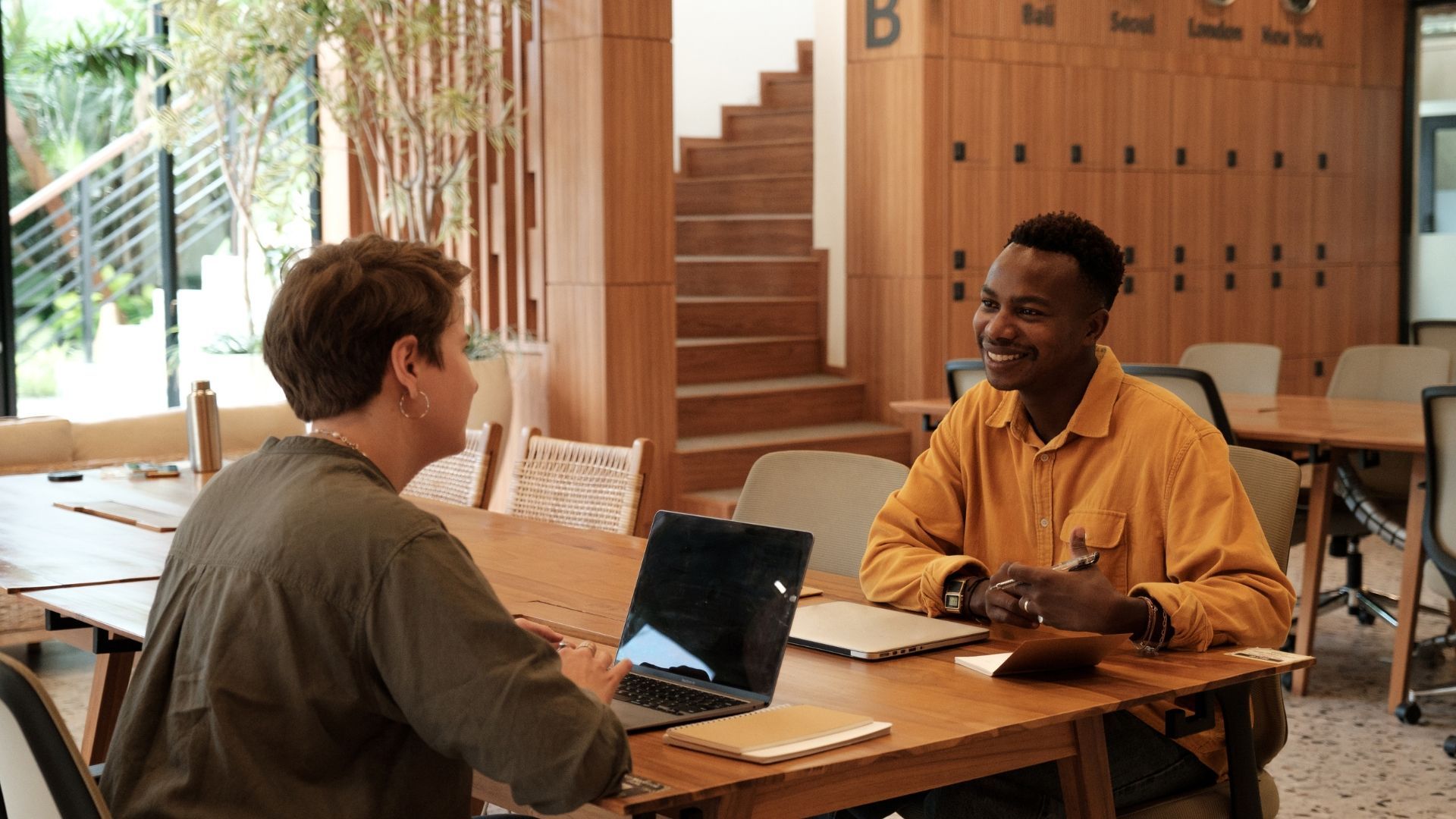Common Interview Questions
During an interview, you'll likely face several common questions:
Tell me about yourself: Keep your response focused on your relevant experience and why you're interested in the role.
Why are you interested in this role: Highlight what specifically appeals to you about the position and the organization, like responsibilities, skills, or clients.
What do you know about our organization: Show your enthusiasm by mentioning details from your research beyond the company website.
Why are you looking to leave your current role (or why did you leave your last role): Provide a truthful, positive explanation, such as seeking a challenging senior role.
Can you tell me about your responsibilities in your most recent role: Succinctly outline your specific responsibilities in the last job, prioritizing those most relevant to the new role.
What are your career goals: Emphasize your desire to learn, add value, and possibly take on more responsibilities in the long term.
What are your strengths and weaknesses: Offer specific examples to back up your claims, demonstrating how they affect your performance in the new role.
What’s been your greatest work achievement to date: Share an achievement using "I" statements that aligns with the strengths and experiences pertinent to the role you're applying for.










